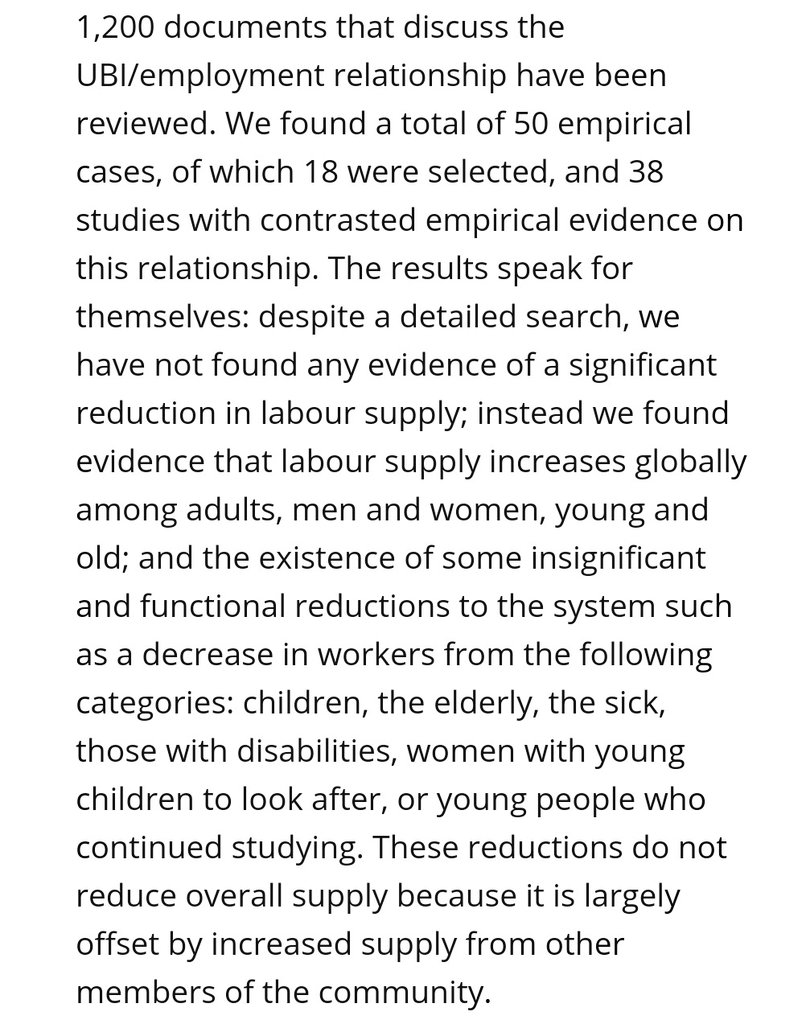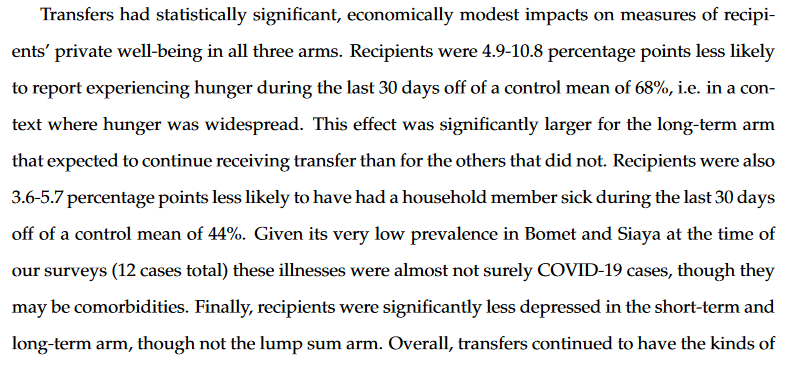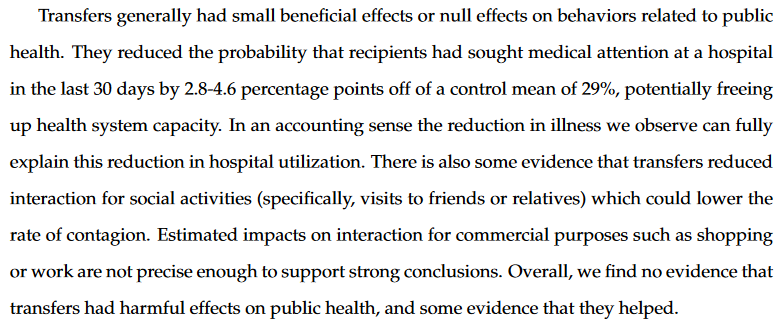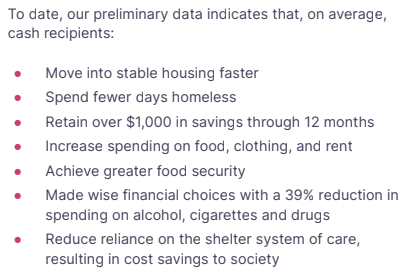
The following is a thread translating this short video in French by @benoithamon (he ran for president in 2017) about his new book that is a plea for France to adopt Universal Basic Income (UBI):
Translation by @So_Ethereal
1/6
Translation by @So_Ethereal
1/6
Hi everyone, I'm presenting you my new book "The Necessary Courage, My Plea for a Universal Basic Income." After the presidential election I tried to think about visible barriers facing UBI but also the most important ones: the invisible ones.
2/6
2/6
What were the budgetary, economic arguments... we heard them a lot but also the psychological, philosophical ones justifying the rejection. Working class people and employees tend to think UBI would stigmatize them if it was completing their salary.
3/6
3/6
In this book I talked about several important topics such as free time, autonomy, freedom that UBI would allow, how we can go beyond the concept of work: the concept that the only valuable work is the one we do in employment.
4/6
4/6
But we work at home, in NGOs, and this work isn't paid despite being socially useful. I tried to think about what past generations gave us that could justify that this collective heritage be shared through UBI for everyone as Thomas Paine said.
5/6
5/6
I talked about the dehumanization of society linked to new work organizations and the digital revolution, without forgetting about climate change and the necessary changes we'll have to do as a result.
6/6 END
6/6 END
• • •
Missing some Tweet in this thread? You can try to
force a refresh








